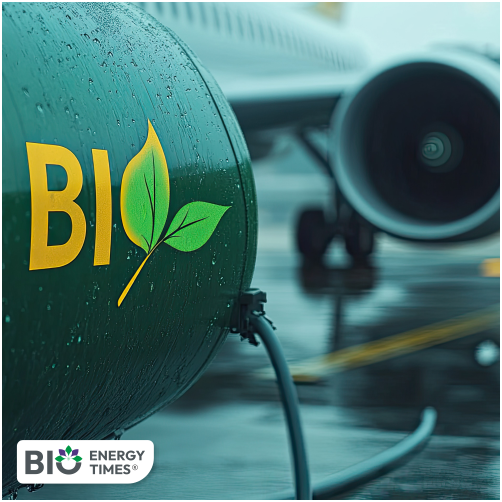Petrobras has announced plans to invest approximately R$33 billion in refining and petrochemical projects across the state of Rio de Janeiro, with R$29 billion allocated directly from the company’s capital expenditure (Capex) and an additional R$4 billion tied to a separate initiative aligned with Petrobras’ operational assets.
The bulk of the investment—around R$26 billion—is directed toward integration projects between the Boaventura Energy Complex in Itaboraí and the Duque de Caxias Refinery (Reduc). These initiatives are part of Petrobras’ 2025-2029 Business Plan (PN 2025-2029) and are currently in the bidding phase for service contracts.
Boosting Fuel Production and Refining Capacity
The integration will significantly expand fuel production, including an increase of 76,000 barrels per day (bpd) of S-10 diesel—56,000 bpd from improved fuel quality and 20,000 bpd from additional capacity. The project also includes an increase of 20,000 bpd in jet fuel capacity and 12,000 bpd in Group II lubricating oil output.
A dedicated Bio Jet Fuel plant will be built at the Boaventura Complex, with a capacity of 19,000 bpd to produce renewable fuels, including Hydrotreated Vegetable Oil (HVO) and Sustainable Aviation Fuel (SAF). Two gas-fired power plants will also be constructed at the complex to participate in Brazil’s capacity reserve auctions. Engineering for the power units is already approved, and they will benefit from synergies with existing infrastructure at the Itaboraí Natural Gas Processing Unit (UPGN).
At Reduc, Petrobras is also evaluating a used lubricating oil re-refining project with a capacity of 30,000 m³/month (6,300 bpd). With the Boaventura Complex set to handle Group II oil production, Reduc may transition some units to apply circular economy principles—turning waste oils into high-value refined products. A co-processing test has already received ANP authorization, with trials expected to begin later this year.
Decarbonization and Efficiency at Reduc
In a major step toward decarbonization, Reduc has completed its first successful test producing jet fuel with renewable content through co-processing, using up to 1.2% corn oil. The ANP has authorized the process, and commercial production is set to begin in the coming months, with a projected capacity of 50,000 m³/month (10,000 bpd).
Reduc already produces Diesel R5, containing 5% renewable content, and has received approval to begin testing for Diesel R7, which will include 7% renewable content. These developments are part of Petrobras’ broader push toward cleaner energy and a just energy transition.
Additionally, Petrobras plans to build a new thermal power plant at Reduc to replace outdated steam and energy generation systems. With an investment of R$860 million, the project aims to improve operational reliability and align the refinery with global efficiency standards.
To maintain plant integrity and safety, Petrobras has also earmarked up to R$2.4 billion for scheduled maintenance shutdowns at Reduc between 2025 and 2029. Major maintenance activities are planned for 2026, particularly in the delayed coking and hydrotreatment units.
Petrochemical Development
In the petrochemical segment, Petrobras is studying the feasibility of producing acetic acid and monoethylene glycol (MEG) at the Boaventura Complex. Acetic acid is a key input for industries producing paints, PET, and various chemicals. Currently, Brazil imports 100% of its acetic acid needs and partially relies on imports for MEG.
In addition to Petrobras’ plans, its affiliate Braskem is exploring an expansion of its polyethylene plant, potentially increasing production by 230,000 tons annually. The R$4 billion project would utilize natural gas processed through the Route 3 infrastructure at the Boaventura Complex and is pending internal approvals.
These combined investments underscore Petrobras’ commitment to modernizing its operations, increasing domestic fuel supply, expanding the production of renewable fuels, and supporting Brazil’s energy transition goals.















